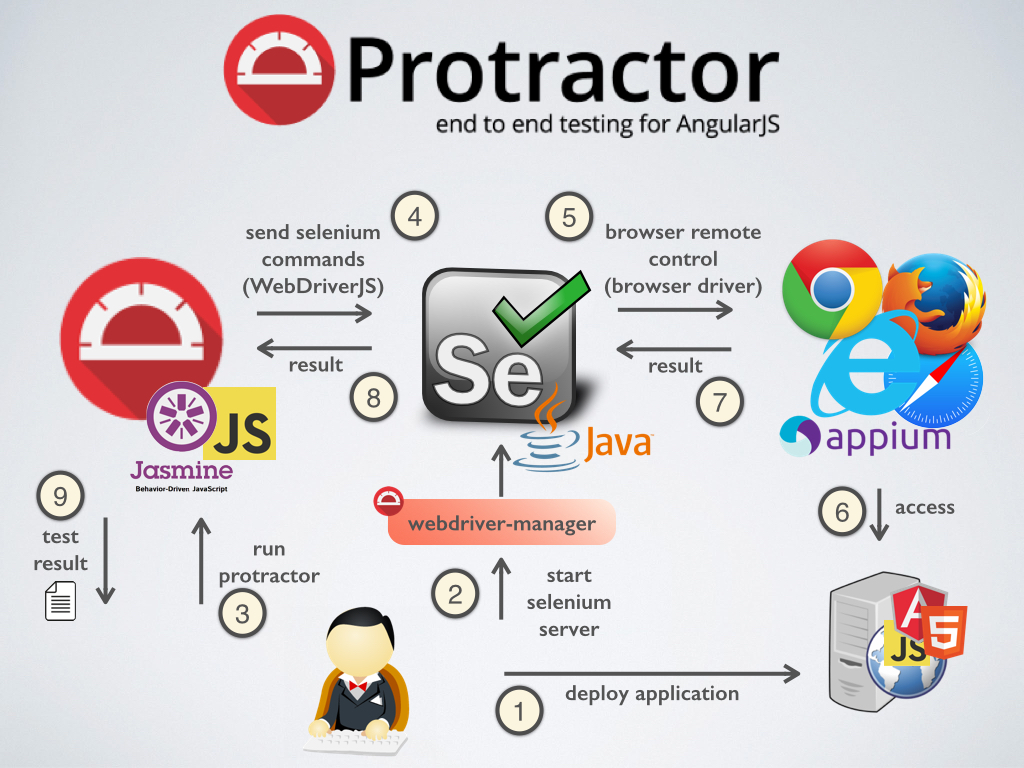
Software is not made of bricks
Once you understand that software is not a simple pile of bricks, you understand that the minimum level of competence required to contribute positively to a project is non-trivial.
I think this essay should be a “must read” for anyone involved into software development. It shows the problems with the widespread mentality that developing a piece of software is like building something fairly simple out of bricks.
One point which shows the fundamental difference between laying bricks and software development particularly stuck with me: Skilled developers typically come up with solutions that are simpler and consist of less code than less skilled developers. This does not fit a “brick mentality”, where you have a fixed amount of bricks to move.
ChakraCore is now Open-Source
The JavaScript engine by Microsoft is now available under the MIT License at the ChakraCore GitHub repository.
There is already a pull request to make Node.js run on ChakraCore. And there is a new node-chakracore repo under the Node.js Foundation. Unfortunately it seems that it is only working on windows for now …
Project Raider
JetBrains is building a cross-platform C# IDE … the missing piece in true cross-platform .NET development.
Angular 2 versus React: There Will Be Blood
Of course the title is link-bait and the article is provocative. But it is still a good comparison between the different approaches and concepts used in Angular2 and React.
Video: Be Predictable, Not Correct
The talk gives a good overview to different approaches for data-binding in current web-frameworks. It also explains the concept and benefits of using a virtual dom.Piracy in online education
There was a lot of money to be made if you got into online education early: Scott Allen earned over one million dollars in 2013 from his Pluralsight courses!
Today the landscape looks not that promising any more… especially Udemy seems to attract/enable piracy and price-dumping:
- How Udemy Is Profiting From Piracy
- Less than 24 hours on Udemy as an instructor and I’m close to leaving
The Sad State of Web Development
The web (specifically the Javascript/Node community) has created some of the most complicated, convoluted, over engineered tools ever conceived.
A very critical view on the current trends in web development. The author seems pretty frustrated … but he has some points.
Shields Down
Happy people don’t leave jobs they love
An accurate analysis how people get to the point where they quit their job. I have gone through that process many times in my career …
Coders Without Clothes
Without comment …
Funny: This is what happens when you reply to spam email
If you like it, here are more scam baiting stories: 419 Eater
Tweets of the week:
Optional Type System pic.twitter.com/R5ZS5Xx9Jm
— Mario Fusco (@mariofusco) February 7, 2016
2 unit tests. 0 integration tests pic.twitter.com/V2Z9F4G1sJ
— Practical Developer (@ThePracticalDev) January 14, 2016
A guide to software development job advertisements (via @antichason) pic.twitter.com/Kvr6NxmGqX
— Annie Lin (@annielin) January 21, 2016









